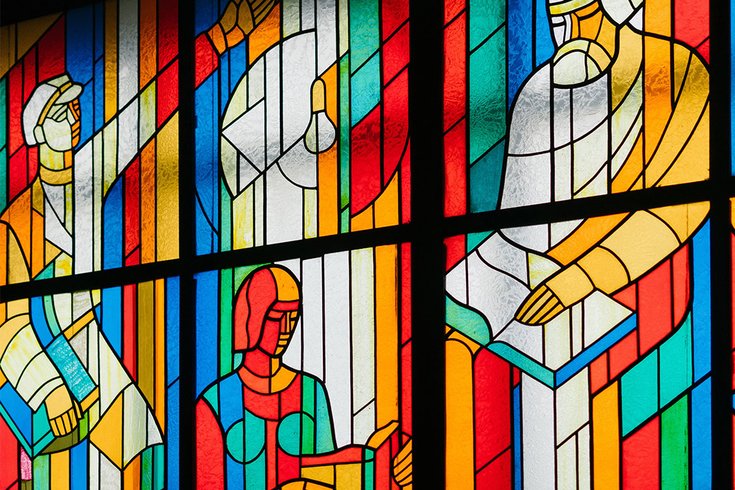
November 08, 2018
 Photo by Ant Rozetsky /on Unsplash
Photo by Ant Rozetsky /on Unsplash
Pennsylvania's clergy abuse hotline has received 1,862 calls since being instituted last August.
Several Roman Catholic dioceses in Pennsylvania revealed plans on Thursday to establish compensation funds for surviving victims of clergy sexual abuse.
The announcements mark the church's first major response to August's chilling grand jury report that detailed decades of child sexual abuse by more than 300 priests and seminarians across Pennsylvania.
The archdioceses of Philadelphia, Harrisburg, Scranton and Allentown all released information on how they will approach reparations for victims.
Independently administered programs will oversee claims free from the influence and supervision of archdiocesan staff and leadership. Starting early next year, funds will come from a combination of reserves, investments, insurers and the sale of church properties, officials said.
"The resources for this program will not be coming from the money that is generously donated to local parishes and to the Diocese," said Harrisburg Bishop Ronald W. Gainer.
In addition to the scathing grand jury report, the push for victim compensation is driven by the Pennsylvania legislature's failure to pass a bill that would have granted a two-year reprieve from the state's civil statute of limitations on sexual abuse cases. That measure, recommended in the grand jury report, was intended to provide recourse to older victims of clergy abuse.
While the Archdiocese of Philadelphia was not included in the latest grand jury report, a 2011 investigation resulted in the suspension of 21 priests who were accused of child sexual abuse. A former-high ranking church official had also been shielding sexually abusive priests from detection by transferring them without disclosing claims of abuse against them, the 2011 report found.
Philadelphia Archbishop Charles Chaput noted that the grand jury reports in 2005 and 2011 were a reminder of the church's obligation to provide support for the healing and recovery of sexual abuse survivors.
"The goal is to provide financial support for victims of clergy sexual abuse, especially those whose cases are time barred from civil litigation," Chaput said.
In a release, the archdiocese said initial funding for the program will come from existing Archdiocesan assets with the expectation that significantly greater funding will ultimately be required by the program. Additional funding will need to come from "borrowing and the sale of archdiocesan properties," though which properties would be sold has not yet been determined, the archdiocese said.
The archdiocese has put dozens of properties on the market since 2012, mostly from consolidating area parishes. Six years ago, Chaput sold the archbishop's residence on City Line Avenue for $10 million to St. Joseph's University.
The U.S. Department of Justice announced last month that it has launched its own investigation into clergy child abuse in Pennsylvania to determine whether any priests, bishops or church staff committed federal crimes.